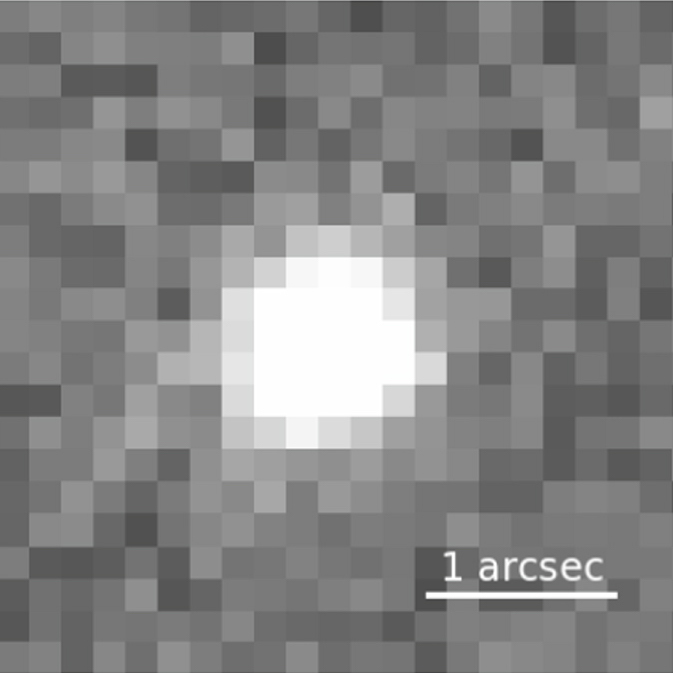Francesco Valentino appointed the “Best young Italian Researcher in Denmark”
Assistant professor Francesco Valentino has been awarded the “B.I.R.D.” prize in the class of Physical and Engineering sciences in 2022 for his research on the early formation and evolution of the first quiescent galaxies in the Universe.

During a ceremony held at the Italian Institute of Culture on 2 June, DAWN’s Francesco Valentino has been awarded the B.I.R.D. prize 2022 by the Italian Ambassador, Luigi Ferrari.
The prize, sponsored by the Italian Embassy, the Italian Institute of Culture, and the Association of Italian Researchers and Scientists in Denmark (ARSID), is awarded in recognition of innovative research conducted by young Italian scientists in Denmark.
Dying galaxies
While some galaxies form stars at a continuous rate throughout most of the history of the Universe, others somehow stop forming stars. Which physical processes “quenched” these galaxies, and what made them stay quiescent, is still not well understood, although we know now that it must have to do with a lack of fuel — that is, cold gas.
In particular in the early Universe, where a relatively steady supply of fresh gas from the intergalactic medium accreted onto the young galaxies, the reason for the quiescence of galaxies is puzzling.
In his research, Francesco Valentino has come closer to some of the answers, especially with his discovery of the most distant, quiescent galaxies. Because of the time it takes light to travel from the distant galaxies to us, these galaxies are seen when the Universe was only 1.5 billion years old, some 10% of its current age.
The analysis that Valentino and his collaborators carried out showed e.g. that these galaxies, in a short time, had gone from forming thousands of stars every year, to virtually forming none.

SXDS-27434; the most distant quiescent galaxy ever seen, at a redshift of z = 4.01 (from Tanaka, Valentino, et al. 2019).
Valentino's research was conducted in collaboration with members of the Cosmic Dawn Center, the University of Tokyo, and several other institutes all over the world. The research was supported by the Carlsberg and the Danish National Research Foundations
More information
Contact
Published paper
The papers that led to Valentino's award can be found here:
- Valentino et al. (2020): Quiescent Galaxies 1.5 Billion Years after the Big Bang and Their Progenitors
- Tanaka, Valentino et al. (2019): Stellar Velocity Dispersion of a Massive Quenching Galaxy at z = 4.01
Press release
An earlier press release on Valentino's work is found here: The core of massive dying galaxies already formed 1.5 billion years after the Big Bang.
Sponsors
Tags: Grants & awards

